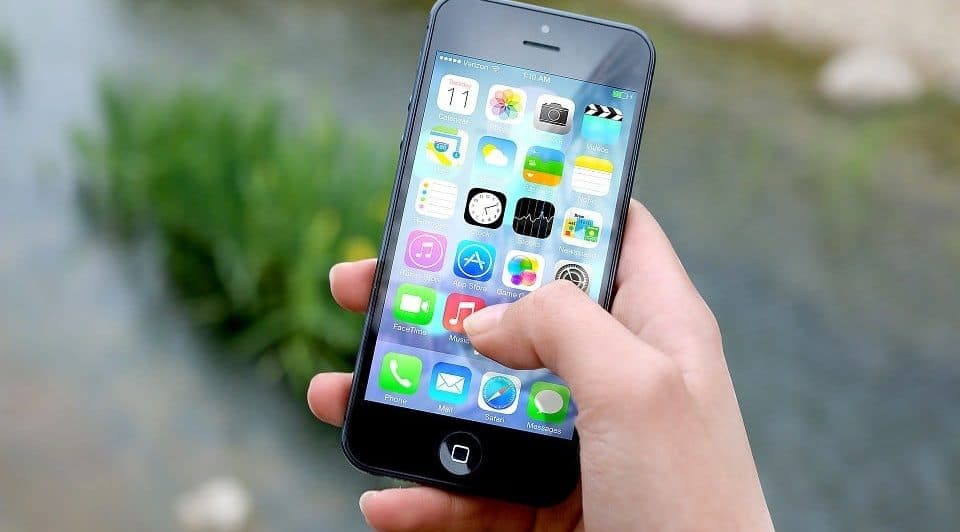The need for ease has led to the astronomical increase in mobile app usage. Social media forms such as Facebook, Instagram and Twitter have all reported a steady rise in app users year upon year, whereas the traditional website has seen a decrease in smartphone usage. As more companies look to expand their brand and dedicate more time and funding towards their own smartphone applications, we take a look at how mobile marketing has changed forever.
We’re App Happy
There’s no doubt that mobile apps have dominated social media usage in modern times. Most smartphone users can’t even remember a time before the app was available, and they’re often the first app downloaded after purchasing a new handset.While apps have long been a staple of social media, year upon year more companies are abandoning the marketing of their traditional domains on mobile, instead opting to stay on trend and investing in the development of an application.
Webuyanycar, GoCompare and even Tesco are just a few examples of less traditionally app focused businesses making the leap in the last five years. It’s easy to understand why; according to eMarketer approximately 87.5 per cent of smartphone usage is spent on applications, whereas a measly 14.3 per cent is spent on website domains. As it stands, website domains are slowly being phased out of modern mobile usage, whereas apps have continually risen each year.
Should We Abandon Ship?
Today, user appeal appears to be driven towards whether the company has an app available, and if not, many would resort to using a competitor if they do happen to provide their services through an application. And with the average adult spending approximately 2 hours and 28 minutes a day on their smartphones, it appears as though it’s time for mobile marketing to abandon domains and jump ship over to the app store. Of course, these figures are based on a generation that has grown up with smartphones and users who are comfortable finding the quickest and most efficient way to make a purchase or read an article.
However, this does not apply to the over 60s. While most seniors do own a phone, the majority still prefer to resort to Google when looking for services, rather than trawling through an app, or even finding one to begin with. So while brands such as ASOS, Boohoo, MyFitnessPal, or Spotify are better off pooling their marketing resources into an app, more traditional companies such as Marks and Spencer, John Lewis, and Clarks may want to divide their time and budget.
What Does the Future Hold?
While mobile marketing may not want to abandon domains altogether, the end is possibly in sight for the traditional website, at least on smartphones anyway. With every generation comes new mobile users who are comfortable with the modern way of shopping, blogging and reading articles via applications.
The time may not be upon us yet, but as a new era of technology comes in, domain usage will continue to decline.


